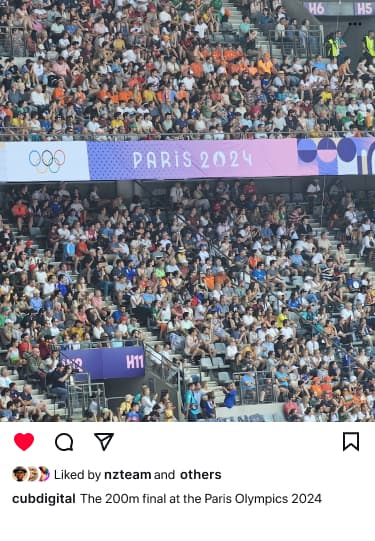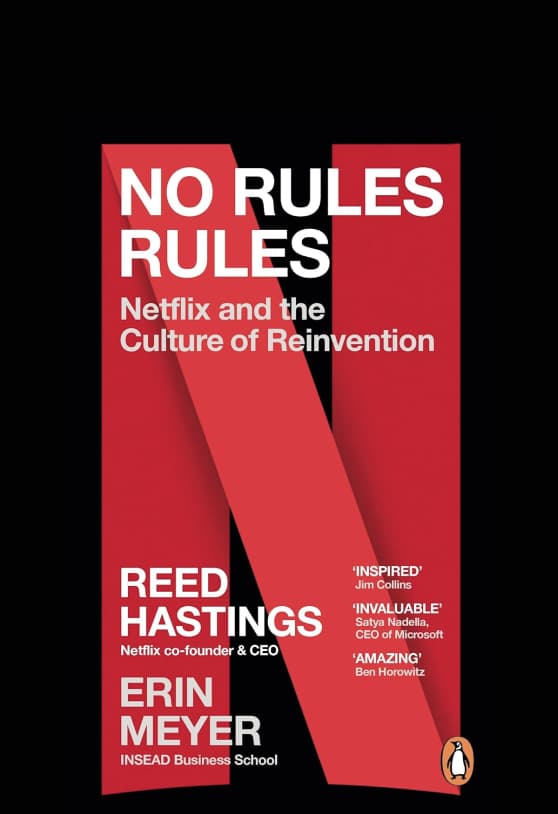Getting to Yes

GET THE #1 EMAIL FOR EXECUTIVES
Subscribe to get the weekly email newsletter loved by 1000+ executives. It's FREE!
"Getting to Yes " is a book on negotiation authored by Roger Fisher, William Ury, and Bruce Patton, members of the Harvard Negotiation Project. The book outlines a strategy called "principled negotiation," which provides a constructive framework for reaching mutually beneficial agreements in disputes.
The key takeaway from this book is that people tend to listen better and be more open to your ideas when they feel understood. By focusing on interests rather than positions, negotiators can uncover common ground and create value for both parties.

Key Points:
-
Separate the People from the Problem:
- It's crucial to address issues without damaging relationships.
- Understanding the emotions and perspectives of both sides helps in reaching a resolution.
- Focus on attacking the problem, not the individuals involved.
-
Focus on Interests, Not Positions:
- Positions are what people state they want, while interests are the underlying reasons for their positions.
- By focusing on shared and conflicting interests, negotiators can uncover common ground or trade-offs.
-
Invent Options for Mutual Gain:
- Brainstorming potential solutions encourages creative problem-solving.
- The goal is to create win-win scenarios where both parties benefit.
-
Insist on Using Objective Criteria:
- Negotiations should be based on fair standards, not arbitrary decisions.
- Using objective criteria like market value, expert opinion, or legal precedent helps keep discussions rational and productive.
-
BATNA (Best Alternative to a Negotiated Agreement):
- Knowing your BATNA helps you understand your fallback options if negotiations fail.
- The stronger your BATNA, the more leverage you have in negotiations.

Other Important Insights:
- Communication: Clear, honest communication fosters trust and helps prevent misunderstandings.
- Emotional Control: Staying calm and collected helps in dealing with aggressive or emotional counterparts.
- Negotiation Power: Power in negotiations comes from strong alternatives, clarity of interests, and the ability to persuade others.
The three criteria for judging negotiation methods are:
- Wise Agreement: The method should lead to a wise agreement if possible.
- Efficiency: It should be efficient and not waste time or resources.
- Relationships: It should improve or at least not damage the relationship between the parties.

As an Amazon Associate I earn from qualifying purchases.

















